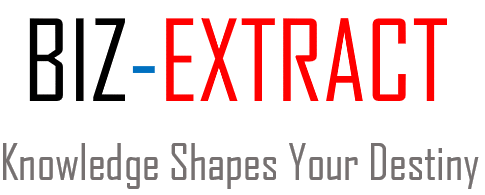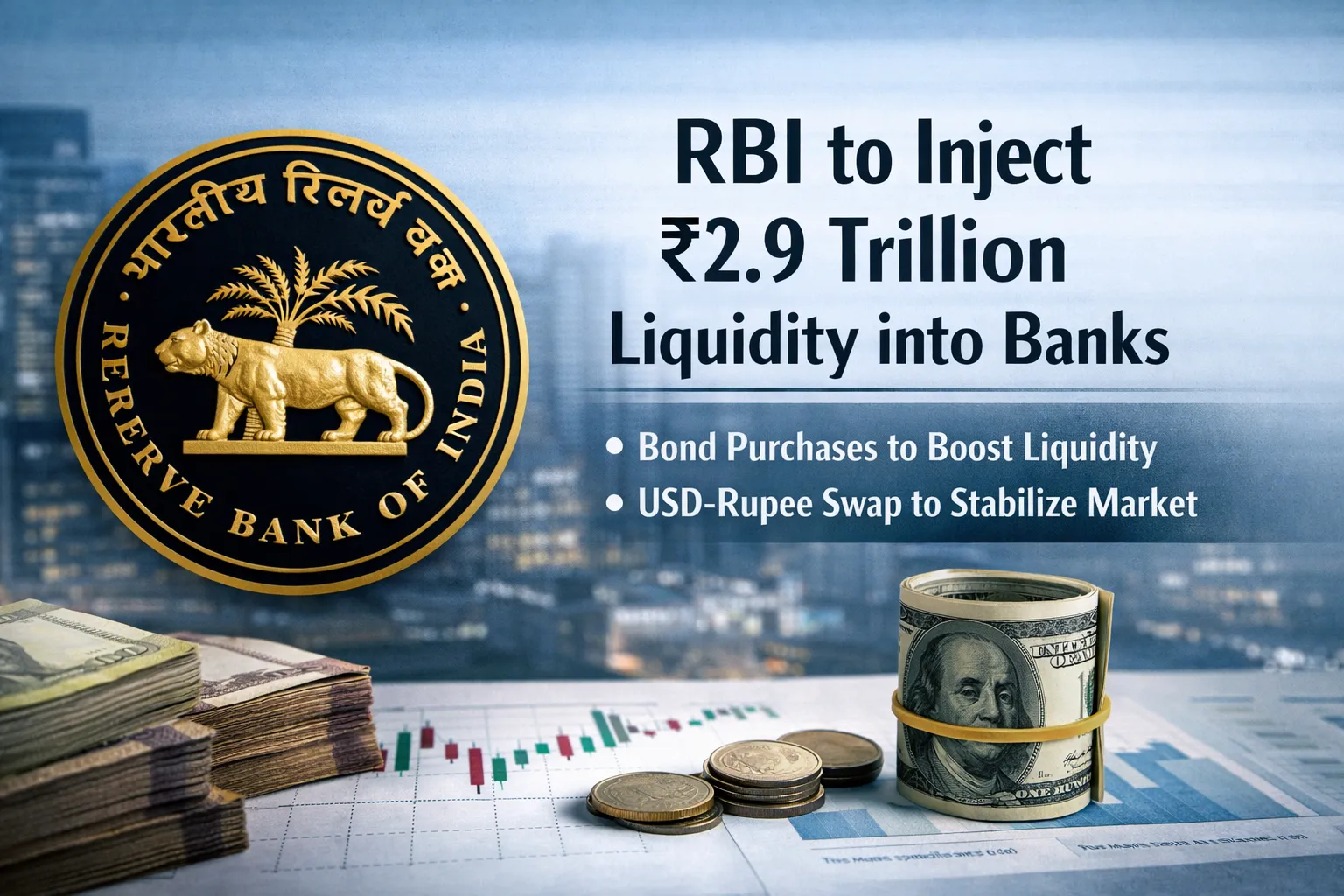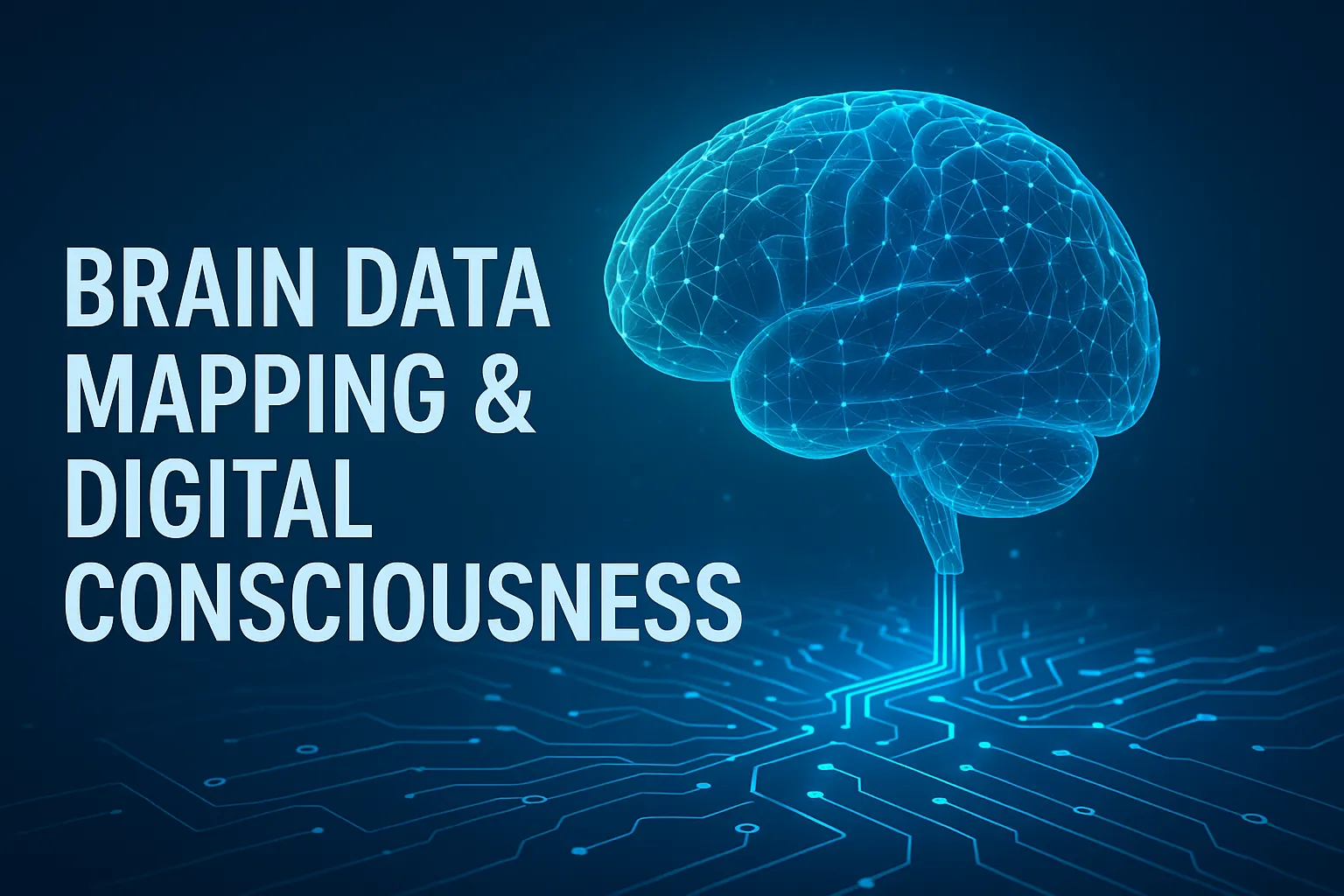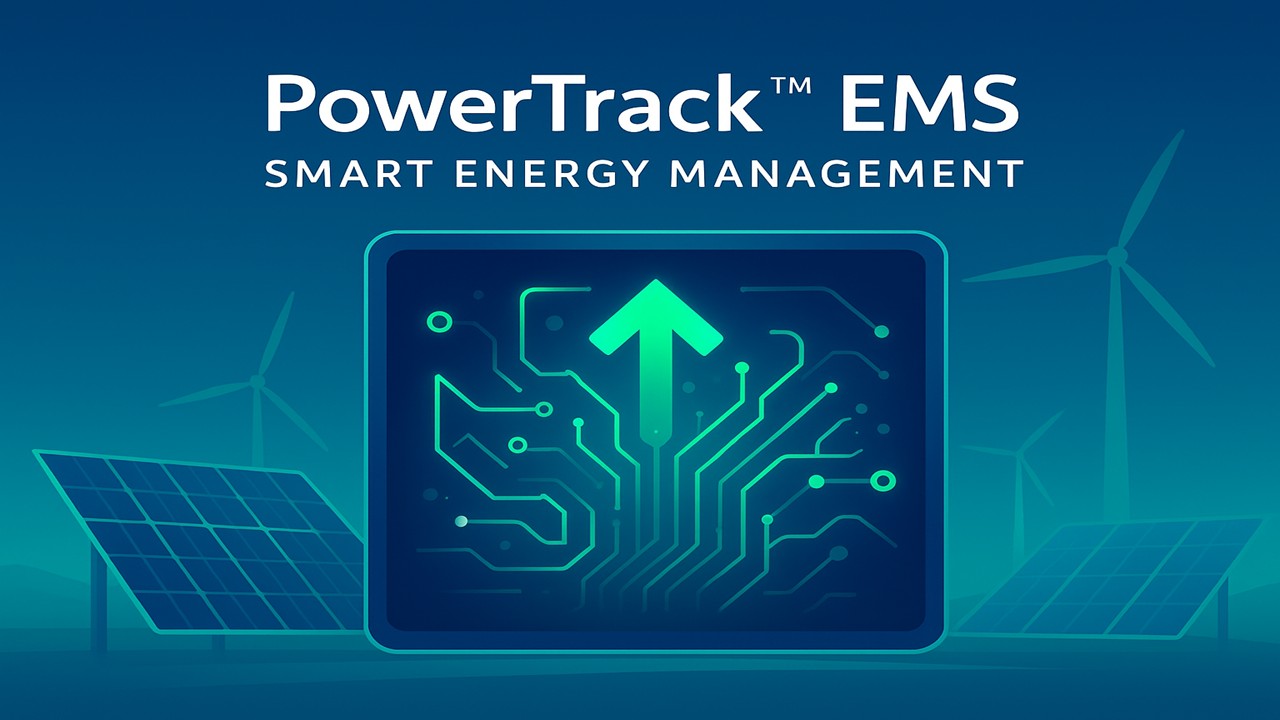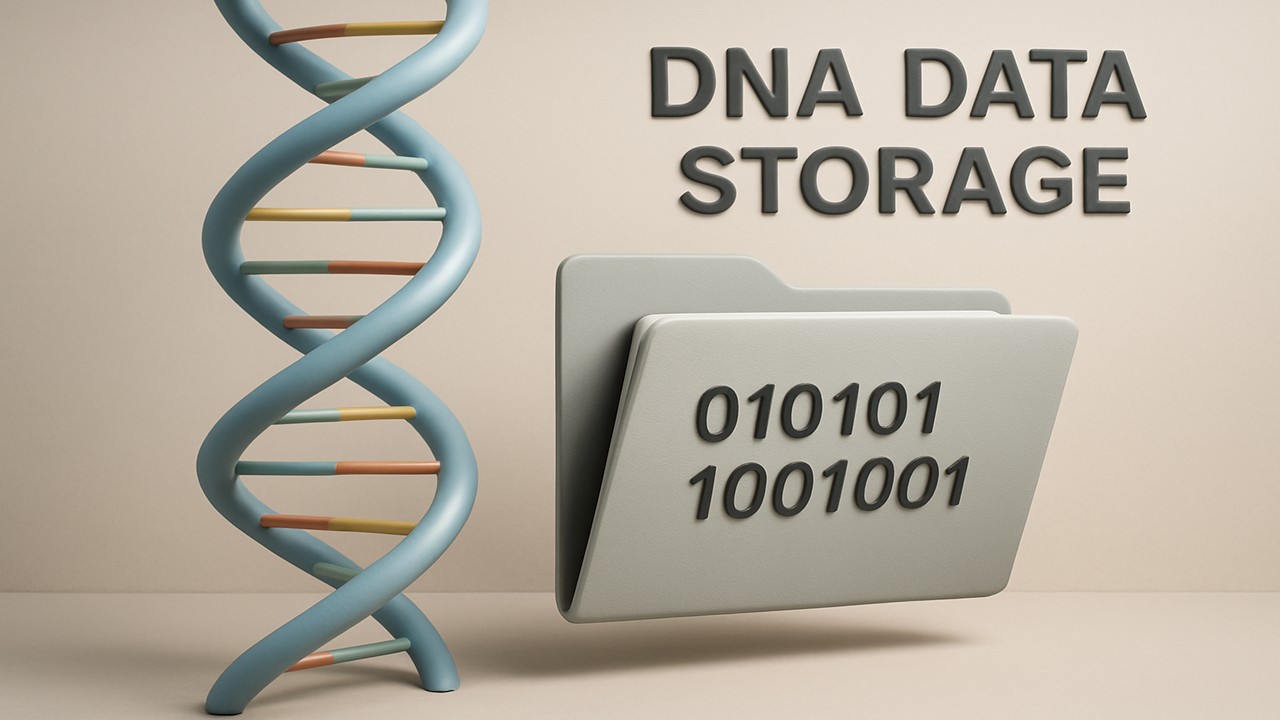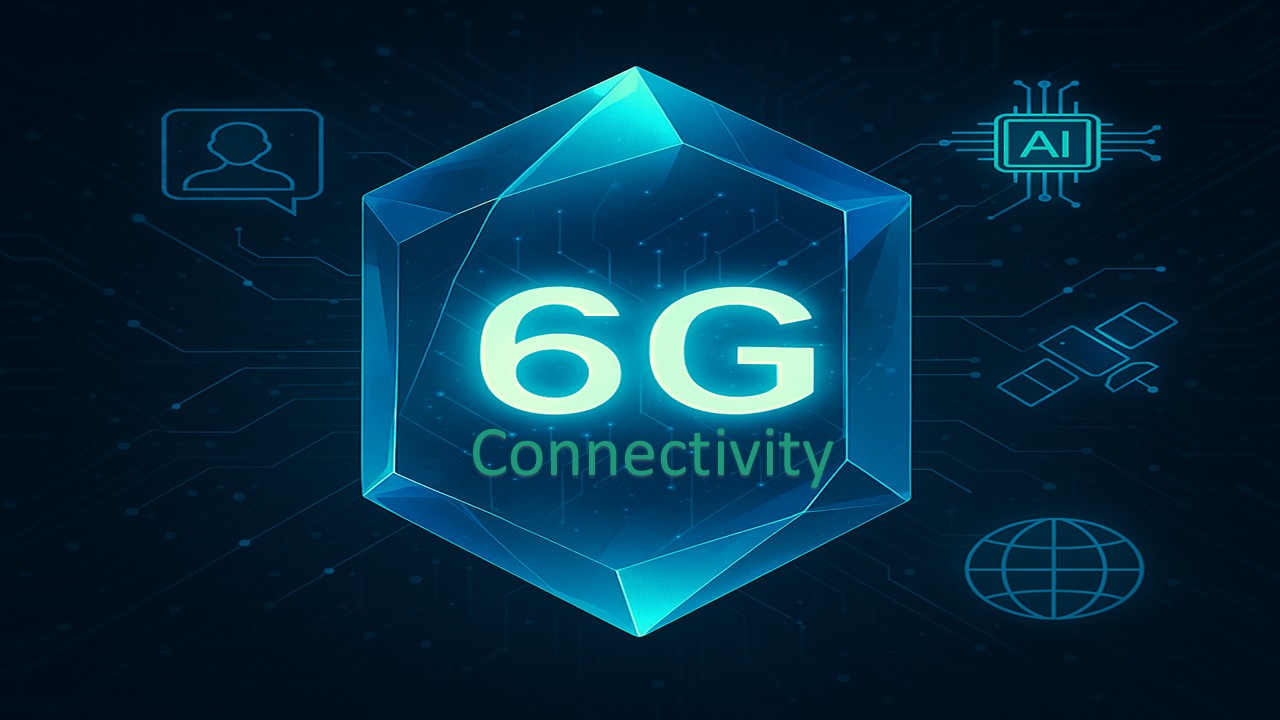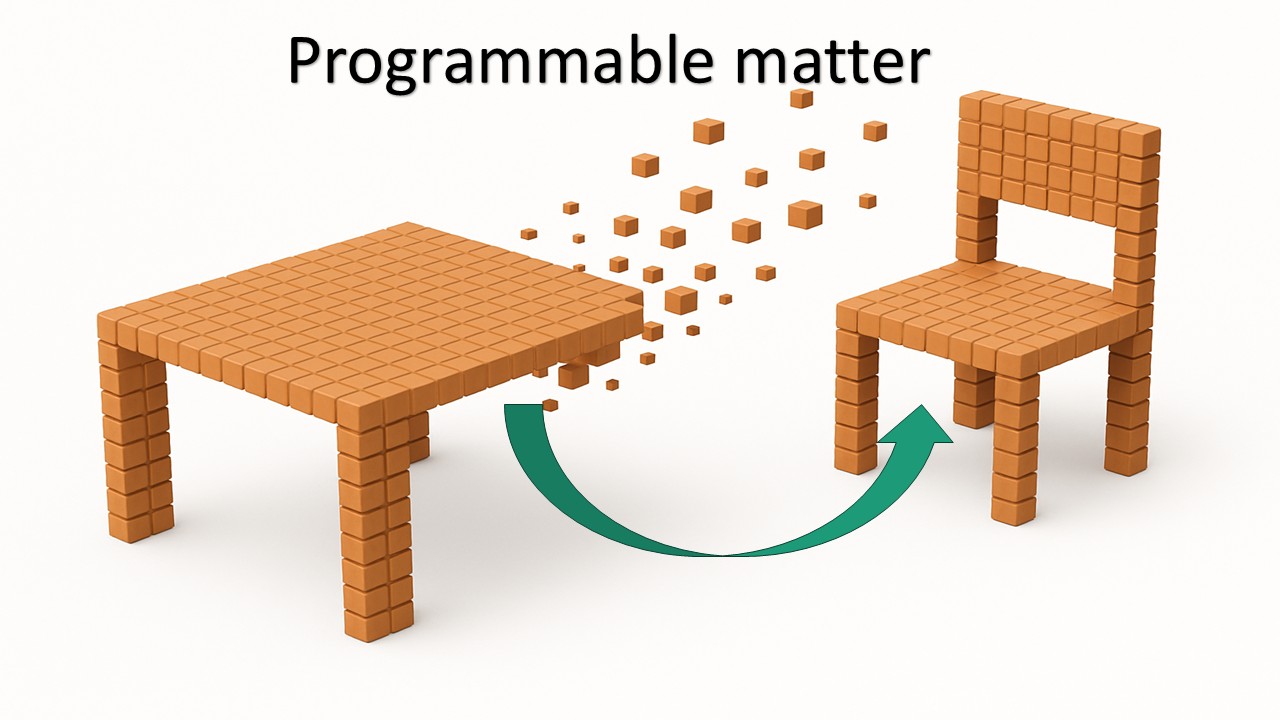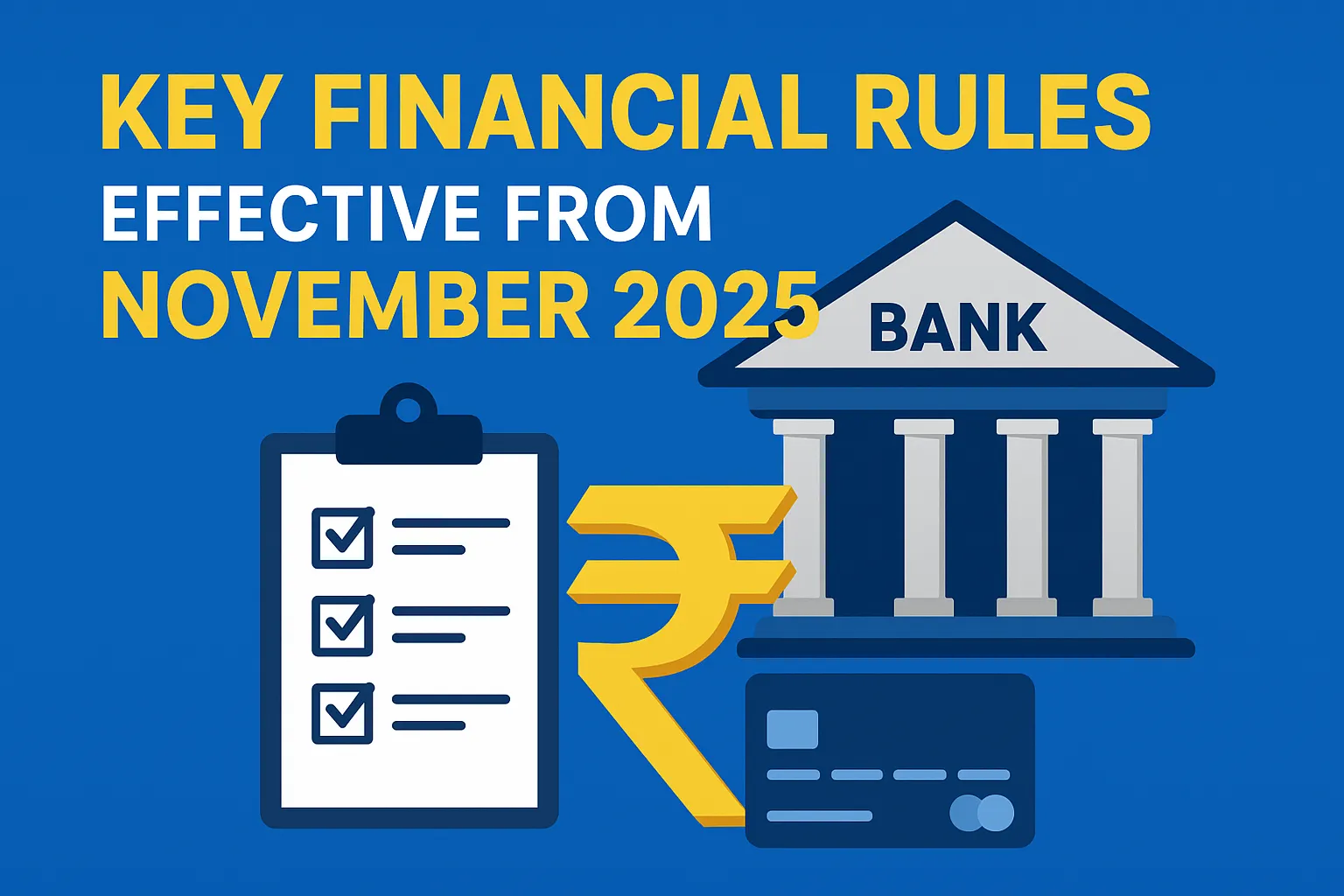
हिंदी में पढ़ने के लिए मेनू बार से हिंदी भाषा चयन करें।
As November 2025 begins, several key regulatory and financial updates have come into effect, directly impacting bank customers, credit card users, pensioners, and small businesses across India. From new rules on multiple nominees to simplified GST compliance, these changes aim to improve transparency, security, and convenience in everyday financial operations. Here’s a detailed breakdown of the major updates effective from November 1, 2025.
Multiple Nominees Allowed for Bank Accounts and Lockers
From 1 November 2025, under the new guidelines issued by the Reserve Bank of India (RBI), bank account holders can now nominate more than one beneficiary for their deposit accounts, lockers, and safe-custody items.
• An individual can choose up to four nominees.
• Nominations can be of two types:
o Simultaneous nominations – where all nominees are eligible together, and the account holder specifies the share (percentage) for each.
o Successive nomination – where nominees are listed in order, and if the first nominee cannot claim or is deceased, the next nominee gets the right.
• For lockers or safe-custody items, the new rules advise applying successive nomination.
Impact:
This change offers greater flexibility to depositors and their families. Those with fixed deposits, bank savings, lockers, or safe-custody items should ensure that their nominee details are updated. Adding multiple nominees can help reduce disputes and ensure smoother transfer of funds and assets.
Simplified Aadhaar Update Rules
The Unique Identification Authority of India (UIDAI) has announced that from 1 November 2025, updating Aadhaar card details such as name, address, mobile number, or date of birth will become easier.
• Most updates can be done via the online portal or Aadhaar enrolment/update centres with simpler documentation.
• Fees for biometric or child updates will be reduced or simplified.
• This reform will help speed up KYC processes for banking, mutual funds, and IPO-related services.
Impact:
Outdated or incorrect Aadhaar details can delay account openings, mutual fund investments, or IPO applications. If your address or mobile number has changed, update it immediately to avoid transaction or investment delays.
Digital Life Certificate Submission for Pensioners
Between 1 November and 30 November 2025, pensioners must submit their Digital Life Certificate (Jeevan Pramaan) — either online using Aadhaar-based verification or through a bank branch/CSC centre.
• This ensures uninterrupted pension payments.
• Missing the deadline could lead to temporary suspension or delay of pension disbursal.
Impact:
Senior citizens and their families should stay alert and complete this submission early. Pensioners should also beware of fraudulent calls or messages offering “life certificate help,” which may be scams.
Changes in Credit Card Fees and Service Charges
Starting 1 November 2025, banks and credit card issuers have updated their annual fees, processing charges, and wallet-load fees.
• For instance, wallet loads via credit cards may now attract up to a 1% fee.
• Reward programs and membership fees have also been revised.
• Cardholders should carefully review bank notifications and account statements.
Impact:
Frequent credit card users, especially those using cards for investments, subscriptions, or wallet loads, should understand the new fee structure. If reward benefits have reduced while fees increased, switching to a better plan or card might be beneficial.
Locker Rent and Safe-Custody Fee Revision
Several public-sector banks have revised locker rents and safe-custody charges effective November 2025, depending on size and branch location.
• Updated rent charts are displayed at branches and on bank websites.
• Locker holders should verify their specific locker’s revised rent.
• This move promotes transparency and prevents unexpected fee hikes.
Impact:
Those storing valuable documents, certificates, or jewelry in bank lockers must review the new rent structure and plan their budget accordingly. In case of any unexplained fee increases, customers should seek written clarification from their bank.
GST and SME Compliance Simplified
The government has launched “GST 2.0” reforms from 1 November 2025, simplifying tax rate slabs, automating registration, and reducing compliance burdens for SMEs.
• The GST structure now mainly includes 5% and 18% slabs, with a 40% rate for luxury or “sin” goods.
• Low-risk SMEs (with monthly output tax below ₹2.5 lakh) can get automated registration within three working days.
• GST returns pending for over three years will now become time-barred and cannot be filed.
Impact:
• For small businesses and startups – processes like registration, ITC claims, and invoice filing have become easier.
• For investors – compliance cost reduction could improve profit margins of SME-listed firms.
• For consumers – prices of essential goods and services may decrease due to lower GST rates.
Pension System Transition Deadlines
Public-sector and government employees face key transition deadlines in November 2025 to shift from the Old Pension Scheme (OPS) to the National Pension System (NPS) or other updated schemes.
• Incomplete documentation or pending updates could cause delays or mismatches in pension records.
• Investors should also observe how pension fund managers and related companies handle the cost or cash-flow impact of this transition.
Impact:
Those nearing retirement or in planning stages must take this update seriously, as it can directly affect future pension income and overall financial planning.
New “.bank.in” Domain Rule for Indian Banks
The RBI has mandated that all scheduled Indian banks migrate their official websites to the “.bank.in” domain by the end of October 2025, making the rule effective from November.
• Examples include “sbi.bank.in” or “axis.bank.in.”
• This step aims to curb online fraud, phishing, and spoofing, making it easier for users to identify legitimate bank portals.
Impact:
Always ensure the banking website URL ends with “.bank.in” when conducting transactions or logging in. Even if older “.com” or “.in” domains redirect, confirm authenticity from official bank communications. This move will strengthen digital security and reduce potential frauds.
Outcome:
The financial and regulatory reforms introduced in November 2025 reflect India’s continued push toward transparency, customer safety, and digital efficiency. Whether you are a depositor, pensioner, card user, or small business owner, staying informed and adapting to these changes will ensure smoother transactions, better compliance, and stronger financial protection in the coming years.
Sources:
Economic Times | Times of India | UIDAI | Jeevan Pramaan | RBI Circulars | Business Standard | BusinessToday
